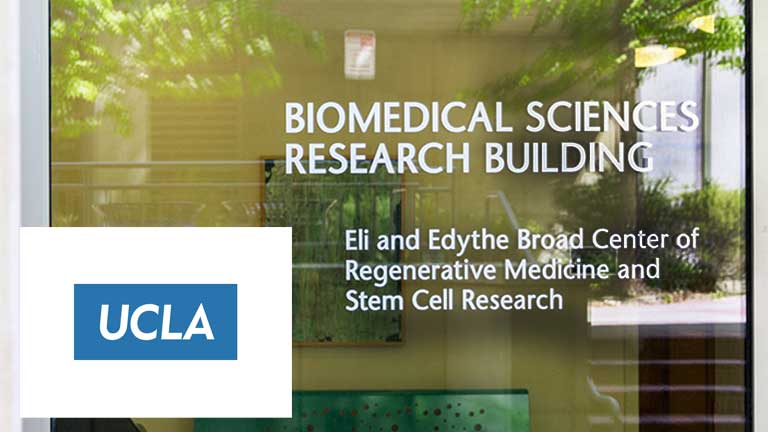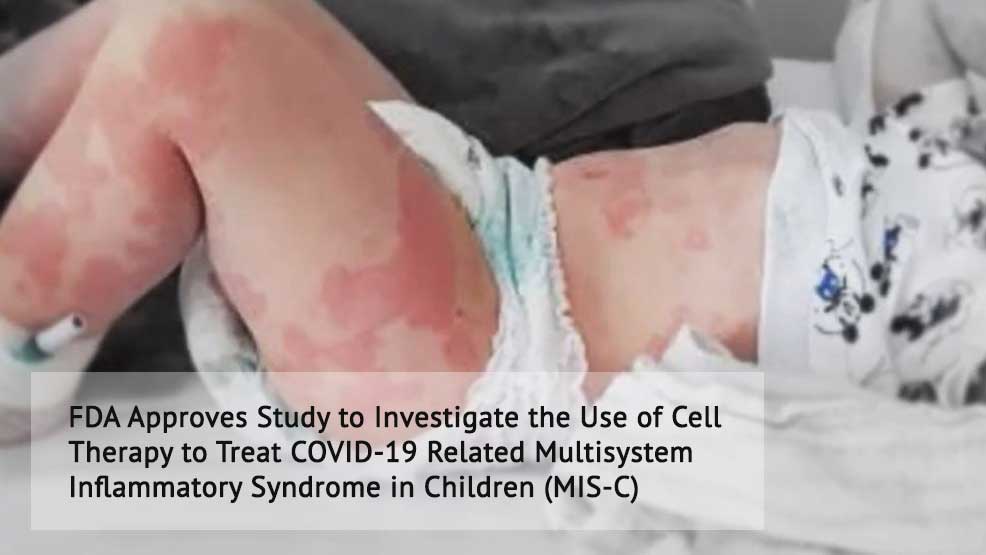By Medical News Life Sciences
Researchers at Great Ormond Street Hospital for Children (GOSH) and UCL Great Ormond Street Institute of Child Health (UCL GOS ICH) have used CRISPR/Cas9 technology to engineer donor T cells to try to treat seriously ill children with resistant leukaemia, who had otherwise exhausted all available therapies.
This Phase I trial, published in Science Translational Medicine, is the first use of ‘universal’ CRISPR-edited cells in humans and represents a significant step forward in the use of gene-edited cells for cancer treatment. As part of the trial the research team, built and applied a new generation of ‘universal’ genome-edited T cells, which builds on previous work that had used older, less accurate technology.
T cells were modified using CRISPR which makes a cut in the cells’ DNA and insert a genetic code. In this case this piece of genetic code allows the T cells to express a receptor – called a chimeric antigen reception (CAR) – that can recognize a marker on the surface of cancerous B cells and then destroy them. The T cells were then gene-edited using CRISPR so that they could be used ‘off the shelf’ without any donor matching needed.




